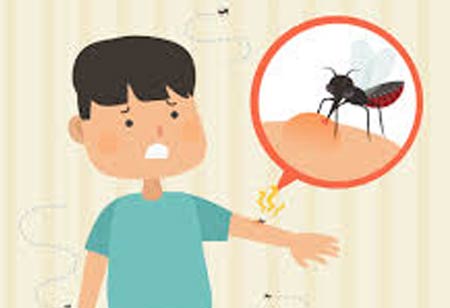Malaria: A Global Health Challenge
Malaria is a serious disease caused by Plasmodium parasites, transmitted to humans through the bites of infected Anopheles mosquitoes.

By
Medical Care Review | Sunday, July 16, 2023
Stay on top of your health and well-being with exclusive feature stories on the top medical clinics and treatment centers, expert insights and the latest news delivered straight to your inbox. Subscribe today.
Malaria is a serious disease caused by Plasmodium parasites, transmitted to humans through the bites of infected Anopheles mosquitoes. Despite progress in fighting it, malaria remains a major health issue, especially in tropical and subtropical areas.
How It Spreads and Symptoms
Malaria spreads when an infected mosquito bites a person, injecting parasites into their bloodstream. These parasites head to the liver to mature and multiply, then return to the bloodstream to infect red blood cells. Symptoms usually appear 10-15 days after the mosquito bite and can include fever, chills, headaches, muscle aches, and fatigue. Severe cases can lead to jaundice, seizures, anemia, and organ failure, which can be fatal without timely treatment.
Prevention and Control
Preventing malaria involves reducing mosquito bites and controlling mosquito populations. Sleeping under insecticide-treated bed nets, wearing protective clothing, and using insect repellent are key strategies. Indoor spraying with insecticides can also help kill mosquitoes and reduce the risk of transmission.
It's also important to eliminate standing water where mosquitoes breed, like puddles, ditches, and containers. Public health campaigns in malaria-prone areas often focus on educating people about these preventive measures and encouraging their use.
Treatment and Ongoing Challenges
Treating malaria typically involves antimalarial drugs, with the choice of medication depending on the specific Plasmodium species and the patient's health. Quick treatment is crucial to prevent complications and further transmission. However, drug-resistant strains of the parasite are a growing challenge.
Efforts to combat malaria are also hindered by inadequate healthcare infrastructure, particularly in low-income regions with limited resources. Strengthening healthcare systems, improving access to diagnostics and treatments, and investing in new research are essential steps in the global fight against malaria.
Conclusion
While we’ve made strides in reducing malaria cases and deaths, it remains a significant health challenge worldwide. Continued efforts in prevention, treatment, and research are vital to move towards eradicating malaria. With sustained commitment and collaboration, we can hope for a future free from this devastating disease.







